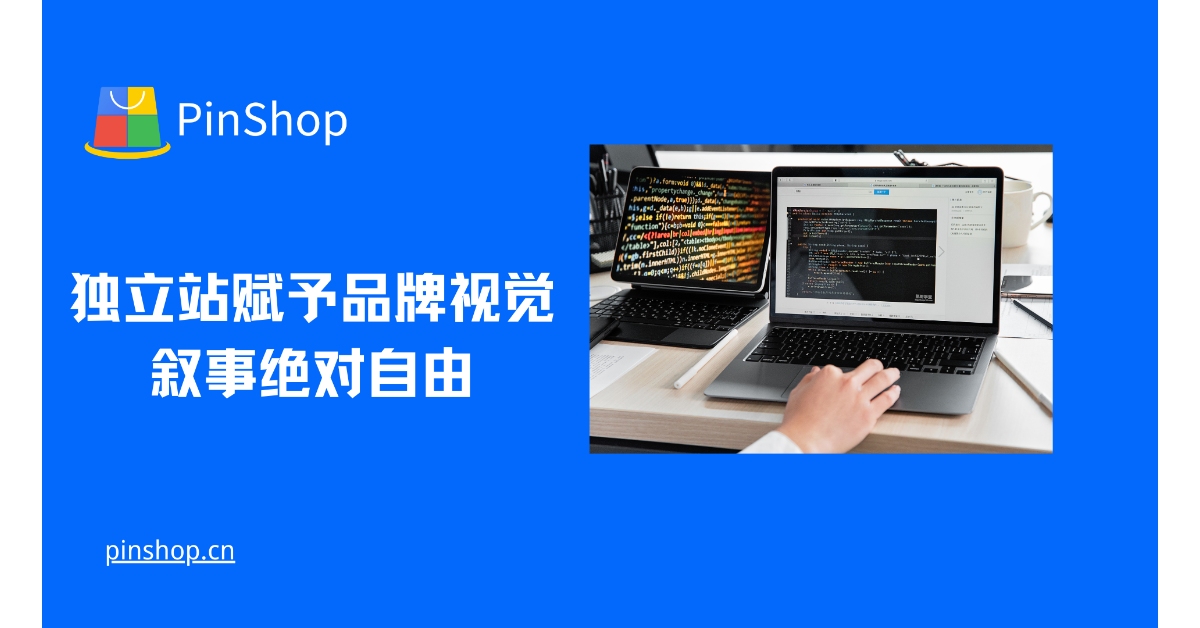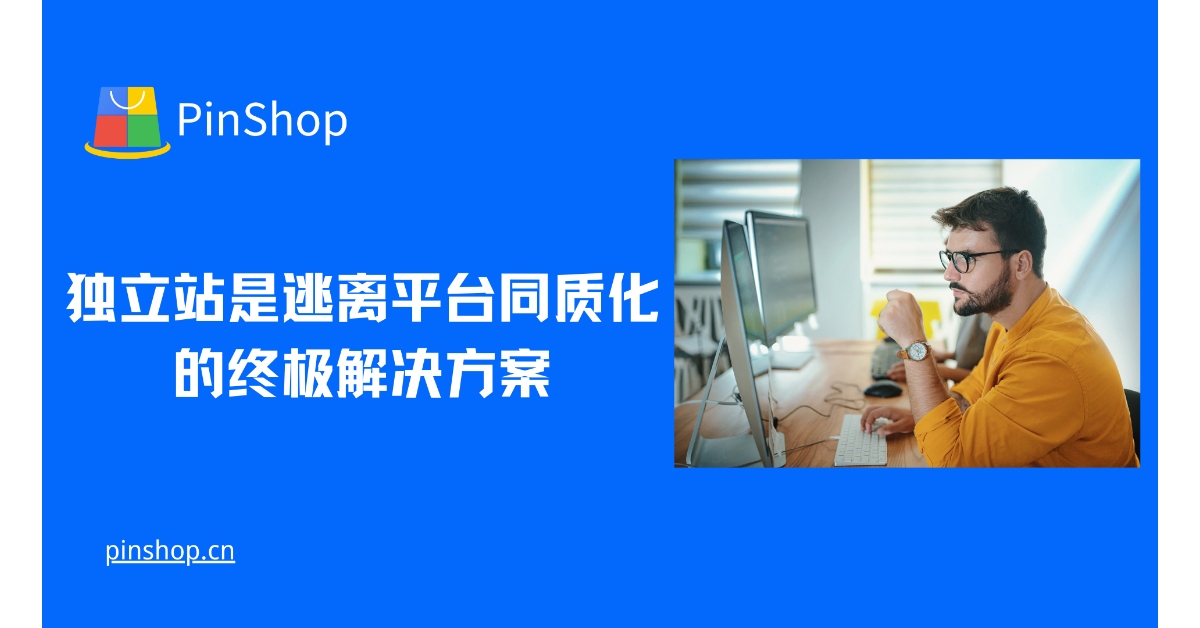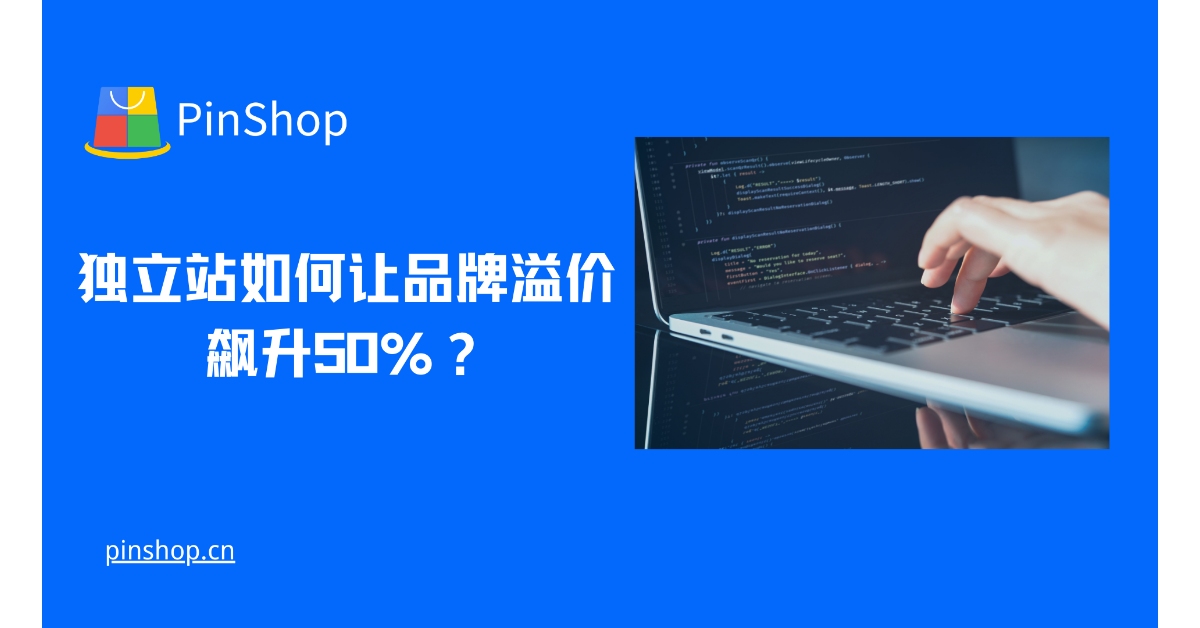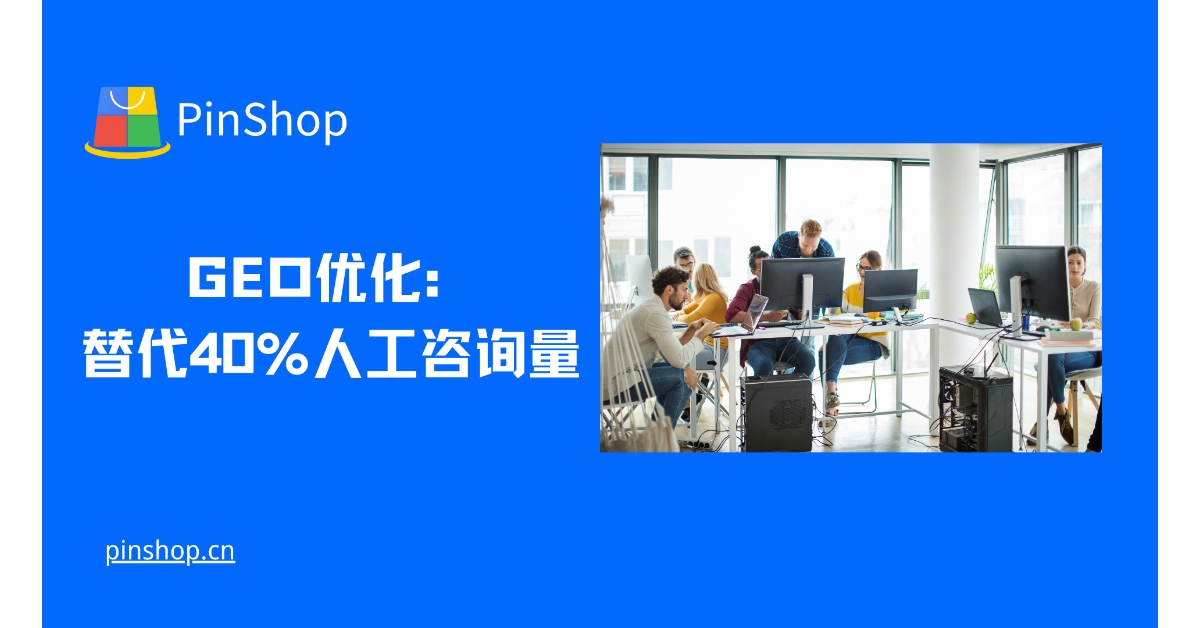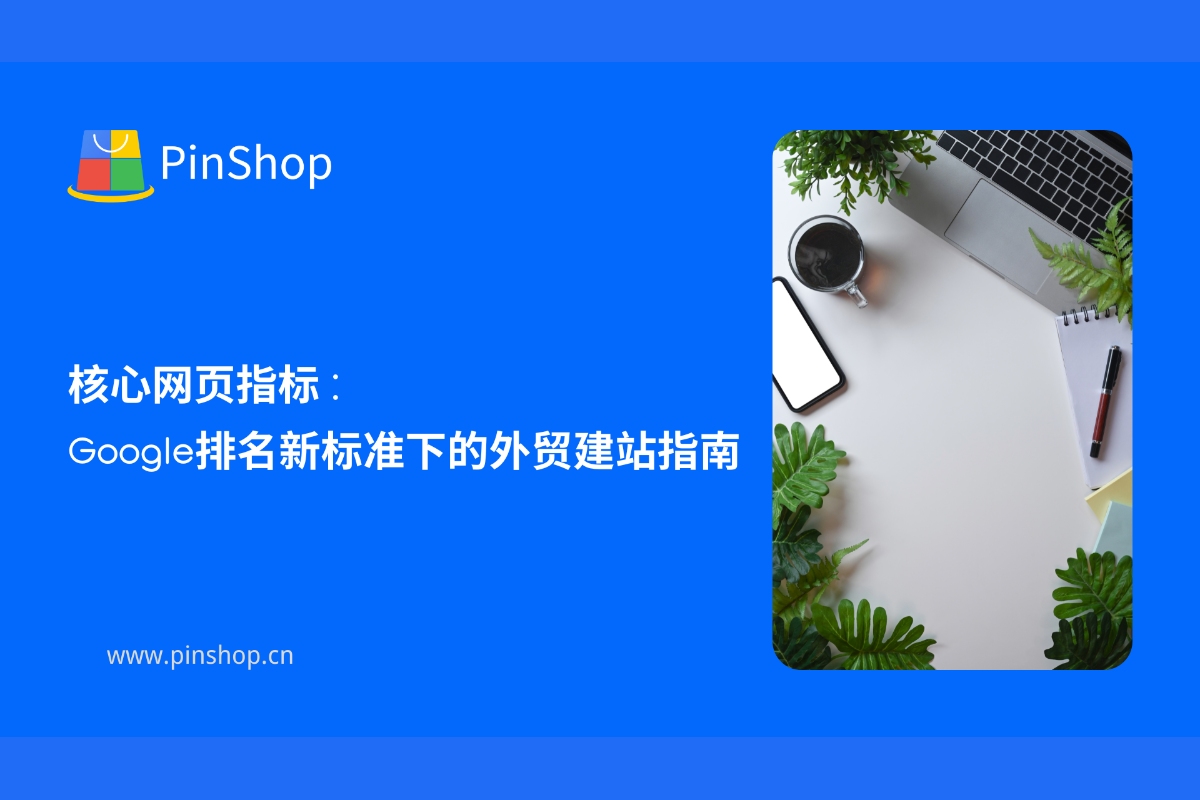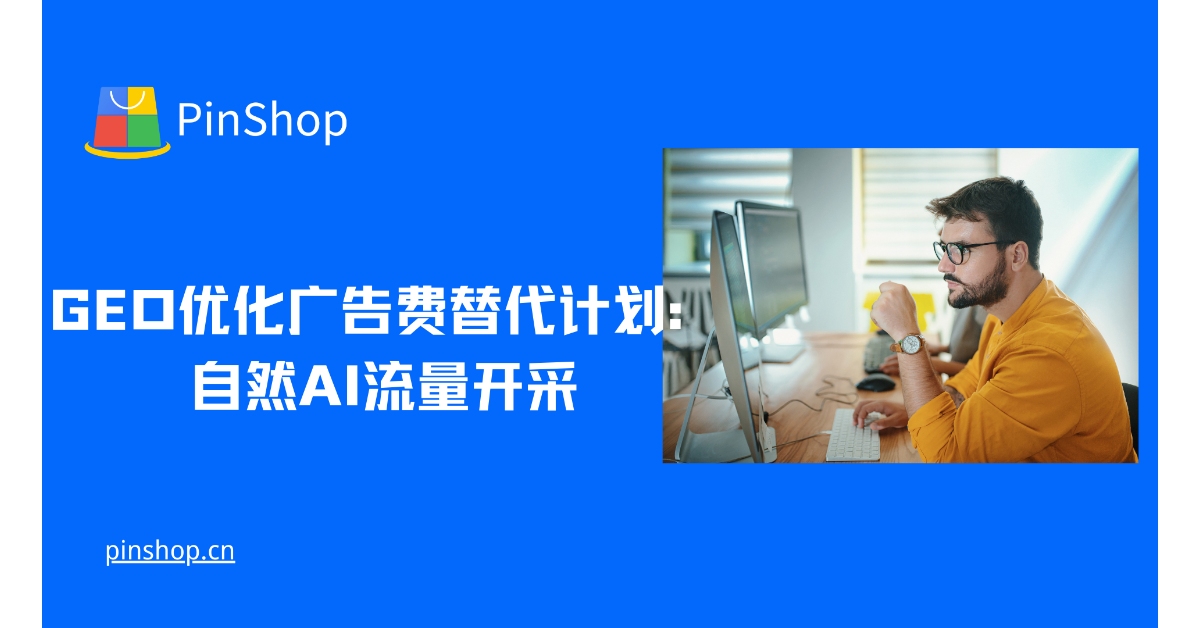When operating an independent website, search engine rankings directly impact brand exposure and potential customer acquisition. Many businesses may try black hat SEO techniques to quickly achieve rankings, but this approach carries the risk of being penalized by search engines or even deindexed. Therefore, understanding the risks of black hat SEO and adopting compliant strategies is crucial.
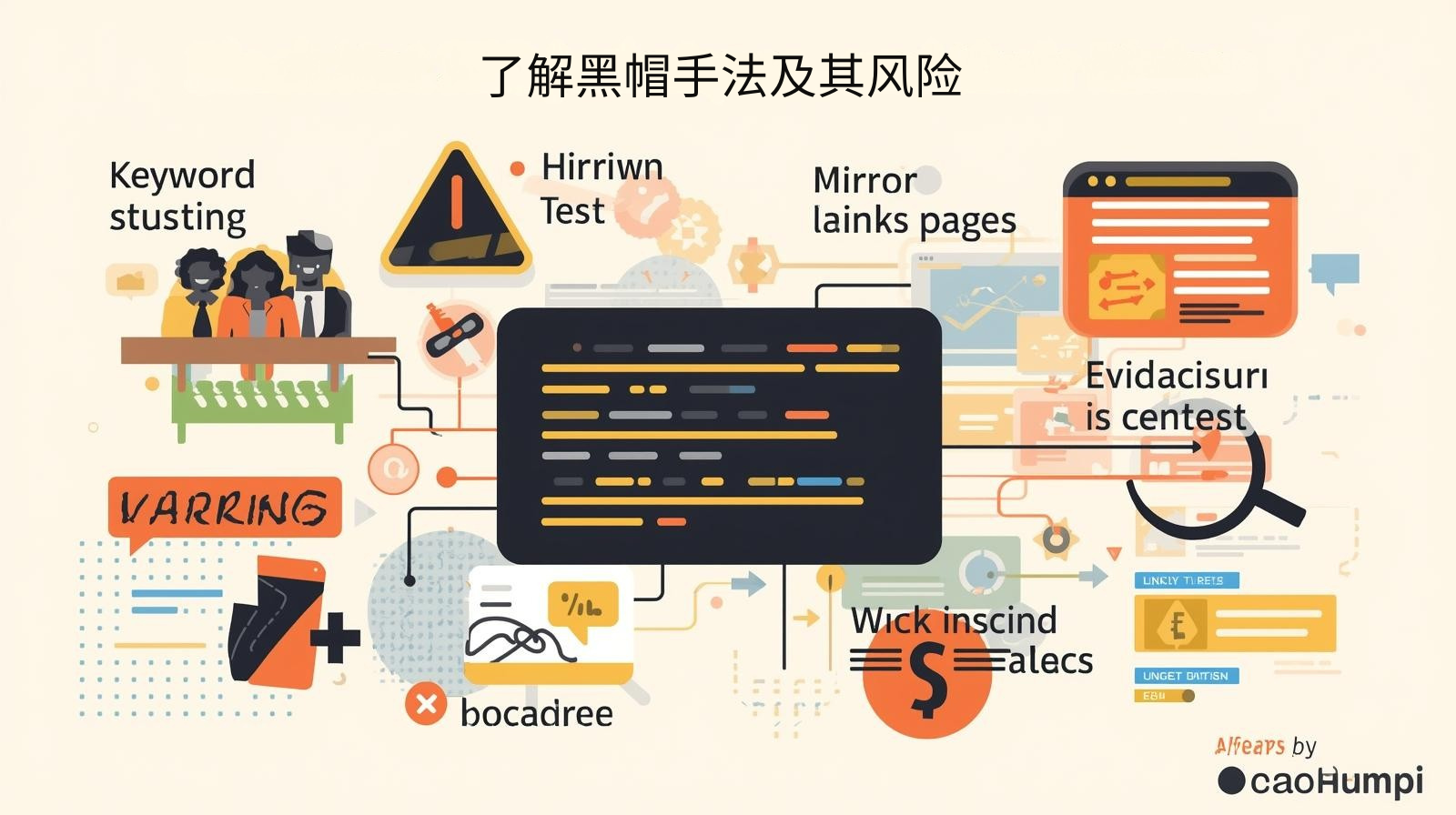 Understand black hat tactics and their risks
Understand black hat tactics and their risks
Black hat SEO typically involves keyword stuffing, hidden text, spam links, mirror pages, and automatically generated content. Baidu Webmaster Tools explicitly states that using these tactics can result in a website's ranking being demoted or even blocked from indexing. Google Search Central also emphasizes that any unnatural manipulation of search rankings falls under the rubric of black hat SEO, potentially impacting a website's long-term ranking stability. Independent website operators should be fully aware of these risks to avoid trading short-term gains for long-term losses.
Content originality and quality are the core
Independent websites should focus on high-quality original content, avoiding plagiarism or automatically generated, low-value articles. Content should closely align with user needs and real-world scenarios, while naturally integrating product or service information. The International SEO Association ( ISEA ) recommends that independent websites establish a content review mechanism to ensure that blogs, product pages, and category pages are authentic, professional, and valuable, thereby gaining search engine trust and long-term traffic.
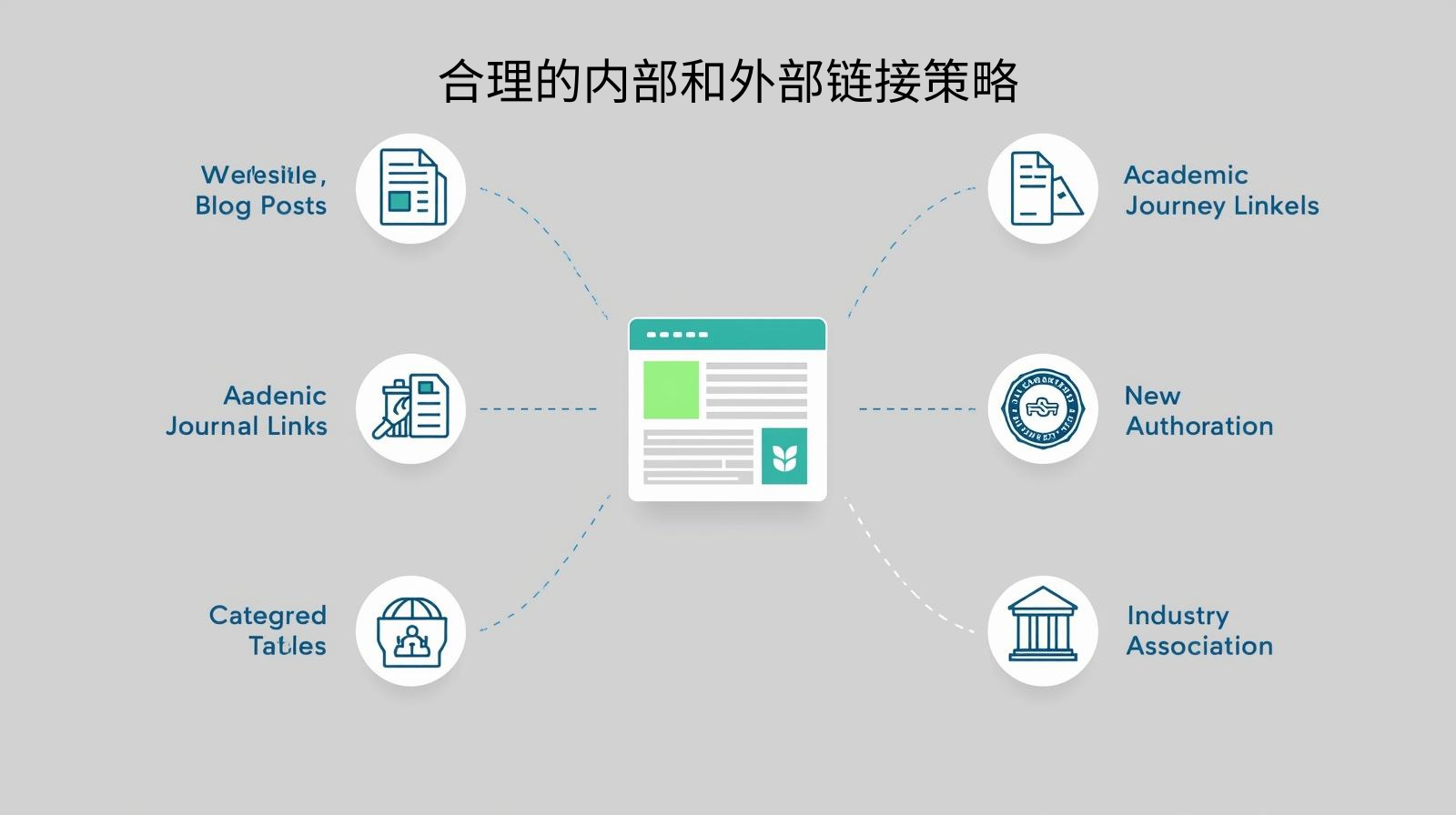 A sound internal and external linking strategy
A sound internal and external linking strategy
Link optimization is a crucial part of SEO, but misusing or purchasing external links is a black hat tactic and carries significant risks. Independent websites should enhance their authority through both natural internal links and high-quality external links. For example, blog posts, product pages, and category pages should be linked to each other appropriately, and citations from authoritative industry organizations or media outlets should be used to increase the value of external links. Citations from Baidu Encyclopedia, Google Scholar, and industry association websites are safe and effective ways to boost independent website authority.
Avoid hidden or cheating techniques
Independent website pages should not use hidden text, hidden links, or redirects to deceive search engines. These practices not only harm the user experience but also can be detected by search engine algorithms. According to the Baidu Search Experience White Paper and Google's Core Web Vitals metrics, ensuring a clear page structure, high readability, and mobile-friendliness is an effective long-term strategy for improving rankings.
Monitor optimization results and conduct regular reviews
Independent website operators should establish a regular SEO review mechanism, utilizing Baidu Statistics, Google Analytics, and other SEO tools to monitor traffic, rankings, and indexing status. If any unusual ranking fluctuations or signs of demotion are detected, potential violations should be promptly investigated and optimization strategies adjusted. Continuous iteration and data-driven optimization are key to avoiding the risk of black hat tactics and maintaining stable growth for independent websites.
Following standards and avoiding black hat SEO tactics are fundamental to achieving long-term, steady organic traffic and ranking growth for your independent website. Using the Pinshop website building platform, businesses can not only easily manage their independent website content and columns, but also leverage SEO optimization tools to achieve safe and compliant ranking increases. Use Pinshop now to build a long-term, robust SEO strategy for your independent website!
Recommended related articles: Multilingual Independent Station Strategy: Balancing Localization and Internationalization 

